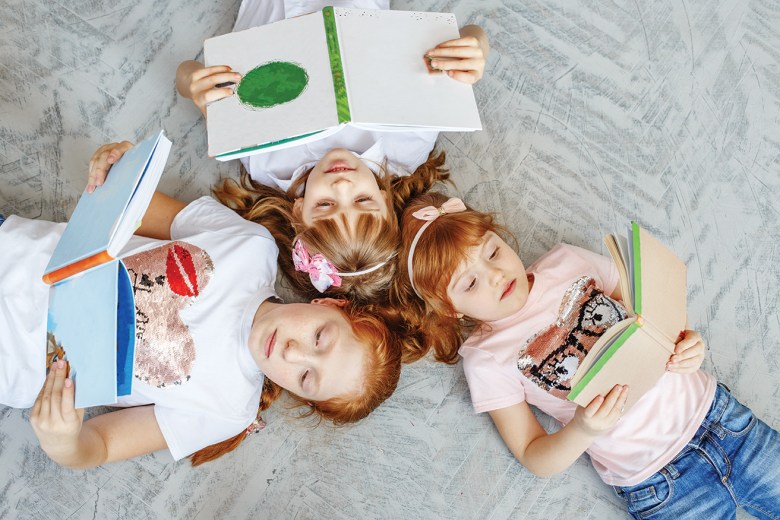Adults have an enormous role in supporting children to understand difference. Our actions, conversations with children and with one another send powerful messages about our values and contribute to children’s sense of belonging.
Consider the following questions: “Why can’t she walk”? “Why doesn’t he have a Mummy”? “Why can’t she talk”? “Why does he have two Daddy’s?”
How would you answer questions? Your responses about diversity reflect your image of young children. Many adults do not think that children are aware of difference or able to have conversations about topics such as disability and race. Yet research tells us that from three months of age, babies begin to look more at faces that match the skin tone of their caregivers and by 30 months, choose playmates that have a similar appearance to themselves.
Kindergarten children will express the same ideas about race and diversity as the adults in their community and culture and from the age of six, ready to respond and engage in open discussions to address and learn about difference (Children’s Community School, 2018).
Once we recognise that children notice and think about difference, we can encourage them to embrace diversity. We can do this by answering children’s questions honestly. For example, “Bella does walk, she uses her walker or “Jack talks, he does this with his eye tracker”.
Our silence does not support children to include others. In fact, it supports them in being uncertain of difference and even reinforces cultures of exclusion.
It is very important to ask children questions about difference. To encourage them to understand the meaning of disability and the barriers that children with disabilities may encounter because of their experience. Our role is to encourage children to see disability as natural and part of our humanity. Thoughtful and informed conversations with children that can develop their knowledge. We can have these conversations when we read picture books, during art or through play. Celebrate your uniqueness and give children an opportunity to do the same.
The resource below may inspire you. https://www.inclusionagencynswact.org.au/WWW_NSWIA/media/Media/Inclusive-Practices-For-Positive-Engagement.pdf
Dr Olivia Karaolis teaches at Sydney University Faculty of Education and Social Work. She was Adjunct Professor, Faculty of Early Childhood Education, Santa Monica College, California.

